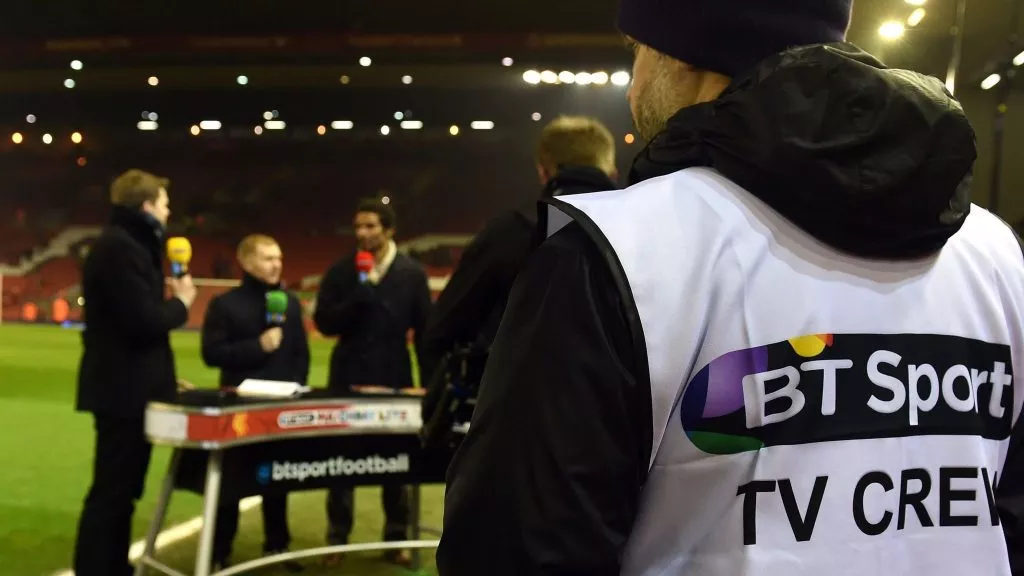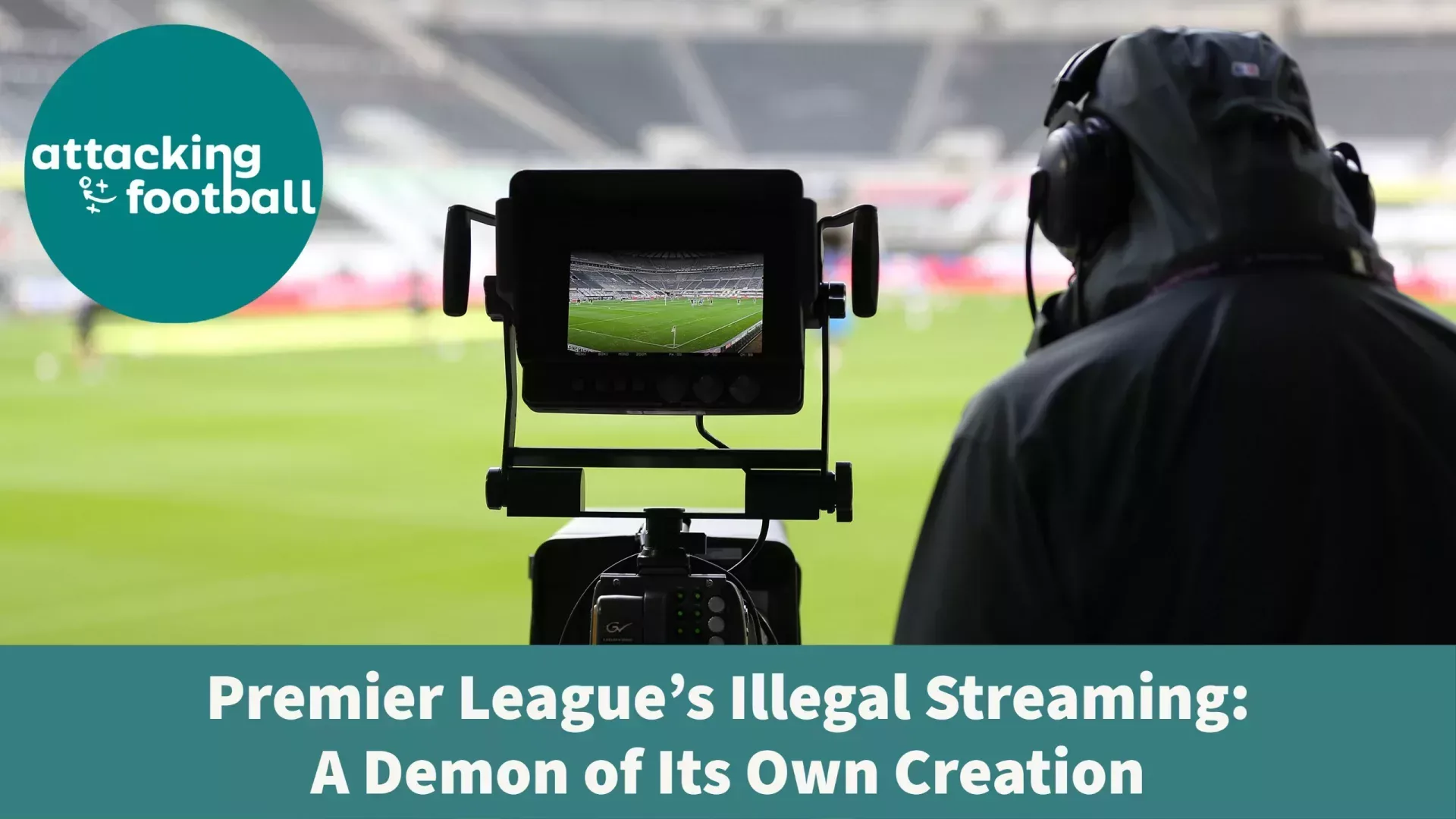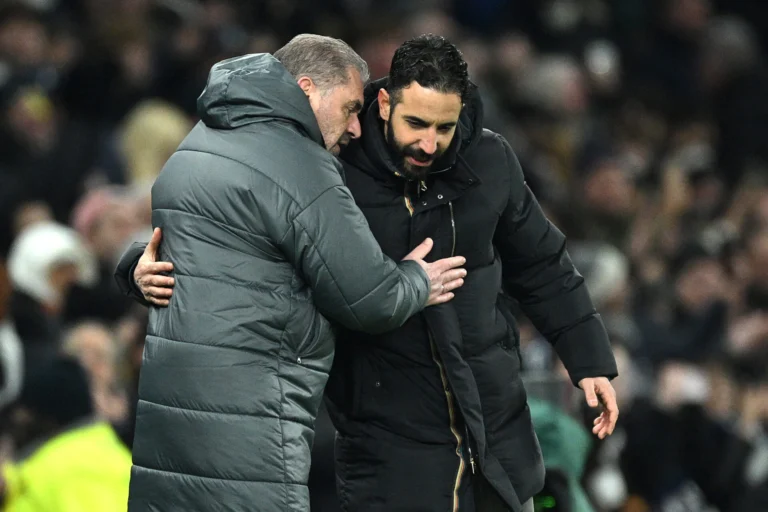Premier League’s Illegal Streaming: A Demon of Its Own Creation
On May 30, 2023, five men were jailed for a combined total of 30 years and seven months, one of the longest sentences ever for this offence. Their crime was establishing an illegal streaming service mainly focused on English Premier League games. The group’s operation had over 50,000 subscribers and made over £7 million, with the biggest draw being watching the Premier League games during that infamous 3 p.m. “blackout” period on Saturday afternoons. Games in this blackout period account for 47% of all Premier League matches!
History of the Blackout
The 3 p.m. blackout has a long history in English football, dating back to the 1960s. The principle originated with the chairman of Burnley Football Club, Bob Lord, who argued that televised games would negatively impact the attendance of lower league matches. Lord believed that if football fans could watch a top-tier game on television, they would be less inclined to attend their local team’s match in person.
Lord’s argument held weight within the Football League, and in 1963, a rule was enacted to prohibit the broadcasting of football on television between 2:45 p.m. and 5:15 p.m. on Saturdays. This became known as the 3 p.m. “blackout”. The theory was that by forcing the ‘blackout’, fans would be more likely to attend matches of their local teams, thus supporting football at all levels across the country.
A Challenge in the Courts
The actual impact on lower league games doesn’t stand up anymore, with Advocate General Kokott of the European Court of Justice (ECJ) concluding that “it is, in fact, doubtful whether closed periods are capable of encouraging attendance at matches and participation in matches” when a case was taken about the blackout period to the EU’s Highest Court in 2011.
The judgement also states, “There is evidence to refute this claim: for example, in an investigation of the closed periods under competition law, the Commission found that only 10 of 22 associations had actually adopted a closed period… Furthermore, in Germany today, all Bundesliga matches are evidently transmitted live without attendance at matches in the top two leagues suffering as a result.”
Why does it exist?
So why does the blackout exist? Money, unfortunately. The PL brings in a seismic amount of funding for the PL and football teams within the league, with the latest UK broadcasting deal worth a collective £5 billion, which lasts from 2022 until 2025. That is £5 billion spent to broadcast 53% of all available games. Some quick math would value the broadcasting rights of the 180 matches in the blackout period at an additional 4.44 billion pounds, which would value domestic Premier League coverage at just shy of £9.44 billion.
It is not extreme to see the Premier League holding these extra games over broadcasters, especially with the recent interest of Amazon and the household names of Sky Sports and BT Sports (soon to be TNT Sports). The rights are sold off in 2025 or later as a cash injection if the PL stagnates or a recession affects football teams.

Domestic -v- international prices
A Reddit user who goes by u/r3viv3 broke down how much it would cost to watch every available Premier League game at the beginning of the 2022–23 season. If you were to go with Sky Broadband + Sky TV (which includes Netflix, Sky Sports, and BT Sports), it would cost £91.00 per month, for a total of £1,092 over 12 months. Include an additional £96 for Amazon Prime for 12 months as the streaming giant is entering the market. That is a total of 1,188, which is more expensive than a season ticket for 18 out of 20 Premier League clubs and only covers games outside the 3 p.m. blackout.
To put these costs into perspective, other European countries have sports packages with full Premier League coverage at a much lower price point, like in France, where you pay £26/month for Canal+ or £25/month for RMC in Belgium. Even outside the continent, prices are lower, with Optus Sport in Australia charging £12/month.
What happens next?
The future of the blackout has never been more uncertain. With the financial incentive to abolish the rule and cash in on the Premier League’s popularity, we might see the ruling disappear over the coming years, paving the way for the next renewal of the league’s broadcasting rights to include these 180 missed games. While the financial incentive is massive, the recent scandal around the European Super League potentially threatens to crash the valuation of the league if some of its key clubs leave the scene.
For the fans, this change could translate into more games to view, ultimately enhancing their experience. The entrance of Amazon Prime into the broadcasting space could stir up the competition, potentially driving down the cost of watching games legally.
But this narrative raises meaningful questions. Will the end of the blackout lead to a resurgence in legal viewing? How would this change impact the dynamics of football viewership in the UK and globally? And crucially, will football clubs and the broader community benefit from this potential shift, or will it bolster the Premier Leagues power over the English football pyramid?
Do you think the 3 p.m. blackout should end? What implications would this have on your personal football-watching experience? We’d love to hear your thoughts on these pressing questions. Share your predictions and opinions in the comments below.








